
漢德百科全書 | 汉德百科全书
 Important International Organizations
Important International Organizations

 Algeria
Algeria
 Angola
Angola
 Ecuador
Ecuador

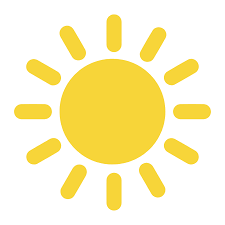 Energy resource
Energy resource

 Financial
Financial
 *Brazil economic data
*Brazil economic data

 Financial
Financial
 *China economic data
*China economic data

 Financial
Financial
 *Germany economic data
*Germany economic data

 Financial
Financial
 *European Union economic data
*European Union economic data

 Financial
Financial
 *France economic data
*France economic data

 Financial
Financial
 *India economic data
*India economic data

 Financial
Financial
 *Indonesia economic data
*Indonesia economic data

 Financial
Financial
 *Italy economic data
*Italy economic data

 Financial
Financial
 *Japan economic data
*Japan economic data

 Financial
Financial
 *Canada economic data
*Canada economic data

 Financial
Financial
 *United States economic data
*United States economic data

 Financial
Financial
 *United Kingdom economic data
*United Kingdom economic data

 Geography
Geography
 *World overview
*World overview

 Hand in Hand
Hand in Hand
 Iraq
Iraq
 Iran
Iran
 Kuwait
Kuwait
 Libya
Libya
 Nigeria
Nigeria
 OPEC
OPEC
 Republik Kongo
Republik Kongo
 Saudi Arabia
Saudi Arabia
 Venezuela
Venezuela
 United Arab Emirates
United Arab Emirates

 Important International Organizations
Important International Organizations

Die Organisation erdölexportierender Länder (kurz OPEC, von englisch Organization of the Petroleum Exporting Countries) ist eine 1960 gegründete internationale Organisation mit Sitz in Wien. Derzeit gehören dem Kartell fünfzehn Staaten an: Algerien, Angola, Ecuador, Äquatorialguinea, Gabun, Iran, Irak, die Republik Kongo, Kuwait, Libyen, Nigeria, Katar, Saudi-Arabien, die Vereinigten Arabischen Emirate und Venezuela.[1] Indonesien ist Ende 2016 ausgetreten.
Fünf OPEC-Mitglieder (Saudi-Arabien, Iran, Kuwait, Venezuela, Vereinigte Arabischen Emirate) gehören zu den zehn größten Erdölförderern der Welt. Insgesamt fördern die OPEC-Mitgliedstaaten ungefähr 40 Prozent der weltweiten Erdölproduktion und verfügen über drei Viertel der weltweiten Erdölreserven. Nachdem einige Nicht-OPEC-Staaten ihr Ölfördermaximum überschritten haben, wird erwartet, dass der Einfluss der OPEC steigt. Andererseits stellen manche Experten (z. B. Matthew Simmons) die Angaben zu den Reserven in Frage, etwa die Saudi-Arabiens.
石油输出国组织(英语:Organization of the Petroleum Exporting Countries,OPEC,发音为/ˈoʊpɛk/ OH-pek;简称欧佩克、油盟或油组)是由伊朗、伊拉克、科威特、沙特阿拉伯和委内瑞拉五国为共同应对由英美主导的七姊妹跨国石油公司,并且维护石油这一稳定收入,而于1960年在巴格达成立的一个政府间组织。总部自1965年以来设于奥地利维也纳,截至2018年2月拥有14个成员国。2016年,14个国家估计占全球石油产量的44%,占全球探明石油储量的73%。这使得欧佩克可以对全球原油价格产生重大影响。
石油输出国组织的既定使命是“协调统一成员国的石油政策与价格、确保石油市场的稳定,以确保为石油消费国有效、经济而稳定的石油供应,为产油国提供适度的尊重和稳定的收入,为投资于石油行业的资本提供公平的回报。”[2]该组织也是国际石油市场信息的重要提供者。截至2017年5月,石油输出国组织(欧佩克)的成员除了前加入的五个外还包括阿尔及利亚(1969年加入)、阿拉伯联合酋长国(1967年加入)、安哥拉(2007年加入)、厄瓜多尔(1973年加入,1992年退出,2007年再加入)、赤道几内亚(2017年加入)、加蓬(1975年加入,1995年初退出,2016年再加入)、利比亚(1962年加入)、尼日利亚(1971年加入)、卡塔尔(1961年加入,2019年1月退出)、刚果共和国(2018年加入),而印尼则是其前成员(1962年加入,2008年底退出,2016年1月重新加入,同年12月再度退出)。沙特阿拉伯是该组织事实上的(英语:De facto)领导者。三分之二的石油输出国组织的石油产储量位于围绕富油波斯湾的六个中东国家。
石油輸出国機構(せきゆゆしゅつこくきこう、英: Organization of the Petroleum Exporting Countries、略称:OPEC(日本語発音:オペックopec 、アメリカ英語発音:[ˈoʊpek] オウペク))は、国際石油資本などから石油産出国の利益を守ることを目的として、1960年9月14日に設立された組織である。設立当初は、イラン、イラク、クウェート、サウジアラビア、ベネズエラの5ヶ国を加盟国としていたものの、後に加盟国は増加し、2018年7月現在では15ヶ国が加盟している。世界最大のカルテルとされ、1970年代には石油の価格決定権を国際石油資本より奪い、2度のオイルショックを引き起こしたが、1986年からは石油価格の決定権は自由市場へと移ったこともあり、現在では価格統制力はそれほど強いものではない。なお、オーストリアは加盟国ではないものの、石油輸出国機構の本部は首都ウィーンに設置されている。
The Organization of the Petroleum Exporting Countries (OPEC, /ˈoʊpɛk/ OH-pek) is an intergovernmental organisation of 14 nations, founded in 1960 in Baghdad by the first five members (Iran, Iraq, Kuwait, Saudi Arabia, and Venezuela), and headquartered since 1965 in Vienna, Austria. As of September 2018, the then 15 member countries accounted for an estimated 44 percent of global oil production and 81.5 percent of the world's "proven" oil reserves, giving OPEC a major influence on global oil prices that were previously determined by the so called "Seven Sisters” grouping of multinational oil companies.
The stated mission of the organisation is to "coordinate and unify the petroleum policies of its member countries and ensure the stabilization of oil markets, in order to secure an efficient, economic and regular supply of petroleum to consumers, a steady income to producers, and a fair return on capital for those investing in the petroleum industry."[4] The organization is also a significant provider of information about the international oil market. The current OPEC members are the following: Algeria, Angola, Ecuador, Equatorial Guinea, Gabon, Iran, Iraq, Kuwait, Libya, Nigeria, the Republic of the Congo, Saudi Arabia (the de facto leader), United Arab Emirates, and Venezuela. Indonesia and Qatar are former members.
The formation of OPEC marked a turning point toward national sovereignty over natural resources, and OPEC decisions have come to play a prominent role in the global oil market and international relations. The effect can be particularly strong when wars or civil disorders lead to extended interruptions in supply. In the 1970s, restrictions in oil production led to a dramatic rise in oil prices and in the revenue and wealth of OPEC, with long-lasting and far-reaching consequences for the global economy. In the 1980s, OPEC began setting production targets for its member nations; generally, when the targets are reduced, oil prices increase. This has occurred most recently from the organization's 2008 and 2016 decisions to trim oversupply.
Economists often cite OPEC as a textbook example of a cartel that cooperates to reduce market competition, but one whose consultations are protected by the doctrine of state immunity under international law. In December 2014, "OPEC and the oil men" ranked as #3 on Lloyd's list of "the top 100 most influential people in the shipping industry".[5] However, the influence of OPEC on international trade is periodically challenged by the expansion of non-OPEC energy sources, and by the recurring temptation for individual OPEC countries to exceed production targets and pursue conflicting self-interests.
L'Organisation des pays exportateurs de pétrole (OPEP) (en anglais Organization of Petroleum Exporting Countries (OPEC)), est une organisation intergouvernementale (un cartel) de pays visant à négocier avec les sociétés pétrolières pour tout ce qui touche à la production de pétrole, son prix et les futurs droits de concession1. Depuis le 1er août 2016, le secrétaire général de l'OPEP est l'ancien patron de la compagnie nationale des hydrocarbures du Nigeria (NNPC) Mohammed Barkindo2.
L'Organizzazione dei Paesi esportatori di petrolio, meglio conosciuta come OPEC (Organization of the Petroleum Exporting Countries), fondata nel 1960, comprende dodici Paesi che si sono associati, formando un cartello economico, per negoziare con le compagnie petrolifere aspetti relativi alla produzione di petrolio, prezzi e concessioni. La sede dell'OPEC, dapprima stabilita a Ginevra, a partire dal 1º settembre 1965 è stata trasferita a Vienna.
Gli stati membri OPEC controllano circa il 78% delle riserve mondiali accertate di petrolio, il 50% di quelle di gas naturale e forniscono circa il 42% della produzione mondiale di petrolio ed il 17% di quella di gas naturale.[1] L'organizzazione parallela dell'OAPEC (Organizzazione dei Paesi Arabi Esportatori di Petrolio), fondata nel 1968 nel Kuwait, si occupa del coordinamento delle politiche energetiche dei paesi Arabi che fanno parte dell'OPEC.
La Organización de Países Exportadores de Petróleo (OPEP) es un organismo internacional fundado en Bagdad, Irak, en 1960. Actualmente lo conforman 15 países, de los cuales 5 son miembros fundadores (Arabia Saudita, Kuwait, Irán, Irak y Venezuela). Desde 1965 tiene sede en Viena, Austria. Constituido a iniciativa del Gobierno de Venezuela, presidido por Rómulo Betancourt, y el entonces presidente de Irak, Muhammad Najib ar-Ruba'i, en respuesta a la concentración de poder político y económico de los Estados Unidos como principal productor y consumidor de petróleo del mundo en el período de posguerra.
La OPEP "puede tener una gran influencia en el mercado de petróleo, especialmente si decide reducir o aumentar su nivel de producción".1 El 43% de la producción mundial de petróleo y el 81% de las reservas mundiales de petróleo se encuentran en países miembros de la OPEP.2 Su dominio en las exportaciones de crudo, para el tercer trimestre del año 2016, se sitúa en alrededor del 34,9%.3 Además, concentra la totalidad de la capacidad necesaria de producción de petróleo del mundo, lo que, de facto, convierte a la Organización de países exportadores de petróleo en el banco central del mercado petrolero.
La cuota de mercado de la organización aumentará en el futuro, ya que la Agencia Internacional de la Energía prevé que la producción de petróleo convencional de los países que no forman parte de la OPEP alcanzará su máximo alrededor de 2015.
La OPEP es una organización reconocida desde el 6 de noviembre de 1962 por la Organización de las Naciones Unidas (ONU), gracias a la resolución número 6.363.[cita requerida] La OPEP tuvo su sede en Ginebra (Suiza) entre 1960 y 1965, y después trasladó su sede a Viena, gracias a las facilidades que otorgó el gobierno austríaco.
Los estatutos de la OPEP establecen que su objetivo es coordinar y unificar las políticas petroleras entre los países miembros, con el fin de garantizar unos precios justos y estables para los productores de petróleo, el abastecimiento eficiente, económico y regular de petróleo a los países consumidores y un rendimiento justo del capital de los inversores.
Los países miembros lograron un significativo aumento del precio del petróleo, sobre todo en los años 1973, 1974 y 1979, y una mayor participación y control sobre la explotación realizada en sus territorios.
La OPEP vivió su primera ampliación en 30 años en enero de 2007 cuando Angola se convirtió de forma oficial en el duodécimo socio del grupo, tras pedir su ingreso en la reunión de la OPEP en Abuya (Nigeria) de diciembre de 2006 y haber sondeado al grupo en la reunión de Caracas (Venezuela) de ese mismo año.
A comienzos del año 2007 el gobierno de Ecuador anunció la posibilidad de regresar a la organización,4 hecho que se materializó finalmente en noviembre de ese mismo año.
Posteriormente, Indonesia suspendió su membresía nuevamente en 2016,5 luego de dos años de haber reingresado a la organización, tras su salida en 2008.
Recientemente, Gabón reingresó a la organización en el año 2016, luego de haber suspendido su membresía en el año 1995; mientras que Guinea Ecuatorial se unió por primera vez a la organización en mayo de 2017.6
Catar, uno de los productores de crudo más pequeños dentro de la Organización, ha anunciado su retiro del organismo para enero de 2019. Así lo dio a conocer su ministro de energía, Saad Sherida al-Kaabi, durante una rueda de prensa el lunes 3 de diciembre de 2018.7
Otros países productores de petróleo, aunque no son integrantes de la OPEP, como Sudán, México, Noruega, Rusia, Kazajistán, Omán y Egipto, participan regularmente como observadores en las reuniones ordinarias del grupo.
Организа́ция стран — экспортёров не́фти (англ. The Organization of the Petroleum Exporting Countries; сокращённо ОПЕ́К, англ. OPEC) — международная межправительственная организация, созданная нефтедобывающими странами в целях контроля квот добычи на нефть. Часто рассматривается как картель. В состав ОПЕК входят 15 стран[4]: Алжир, Ангола, Венесуэла, Габон, Иран, Ирак, Конго, Кувейт, Катар (с января 2019 выходит из альянса), Ливия, Объединённые Арабские Эмираты, Нигерия, Саудовская Аравия, Экваториальная Гвинея и Эквадор. Штаб-квартира расположена в Вене. Генеральный секретарь (с 01 августа 2016 г.) — Мохаммед Баркиндо.[5]
Страны члены ОПЕК контролируют около 2/3 мировых запасов нефти. На их долю приходится ~35 % от всемирной добычи или половина мирового экспорта нефти. Доказанные запасы нефти стран, входящих в ОПЕК, в настоящее время составляют 1199,71 миллиарда баррелей.



 Abe Shinzō
Abe Shinzō
 Alexis Tsipras
Alexis Tsipras
 Angela Merkel
Angela Merkel
 António Guterres
António Guterres
 Christine Lagarde
Christine Lagarde
 David Cameron
David Cameron
 Dilma Rousseff
Dilma Rousseff
 Dmitri Anatoljewitsch Medwedew
Dmitri Anatoljewitsch Medwedew
 Donald Trump
Donald Trump
 Emmanuel Macron
Emmanuel Macron

 Energy resource
Energy resource
 Felipe Calderón
Felipe Calderón
 Felipe VI.
Felipe VI.

 Financial
Financial

 Hand in Hand
Hand in Hand
 Hassan Rohani
Hassan Rohani
 Jair Bolsonaro
Jair Bolsonaro
 James Gordon Brown
James Gordon Brown
 Jean-Claude Juncker
Jean-Claude Juncker
 Jim Yong Kim
Jim Yong Kim
 Joachim Gauck
Joachim Gauck
 Joe Biden
Joe Biden
 José Luis Rodríguez Zapatero
José Luis Rodríguez Zapatero
 Juan Manuel Santos
Juan Manuel Santos
 Li Keqiang
Li Keqiang
 Liaoning Sheng-LN
Liaoning Sheng-LN
 Mario Monti
Mario Monti
 Mark Rutte
Mark Rutte
 Mauricio Macri
Mauricio Macri
 Naoto Kan
Naoto Kan
 Narendra Modi
Narendra Modi
 Nelson Mandela
Nelson Mandela

 Party and government
Party and government
 *Think Tank
*Think Tank
 Paul Kagame
Paul Kagame
 Petro Poroschenko
Petro Poroschenko
 Recep Tayyip Erdoğan
Recep Tayyip Erdoğan
 Switzerland
Switzerland
 Stephen Joseph Harper
Stephen Joseph Harper
 Tarō Asō
Tarō Asō
 Theresa May
Theresa May
 Tianjin Shi-TJ
Tianjin Shi-TJ
 Ursula von der Leyen
Ursula von der Leyen
 Wen Jiabao
Wen Jiabao

 Important International Organizations
Important International Organizations

 Economy and trade
Economy and trade
 Economic and political research
Economic and political research
 Wladimir Wladimirowitsch Putin
Wladimir Wladimirowitsch Putin
 World Economic Forum,WEF
World Economic Forum,WEF
 Klaus Schwab
Klaus Schwab
 Xi Jingping
Xi Jingping
 Yasuo Fukuda
Yasuo Fukuda
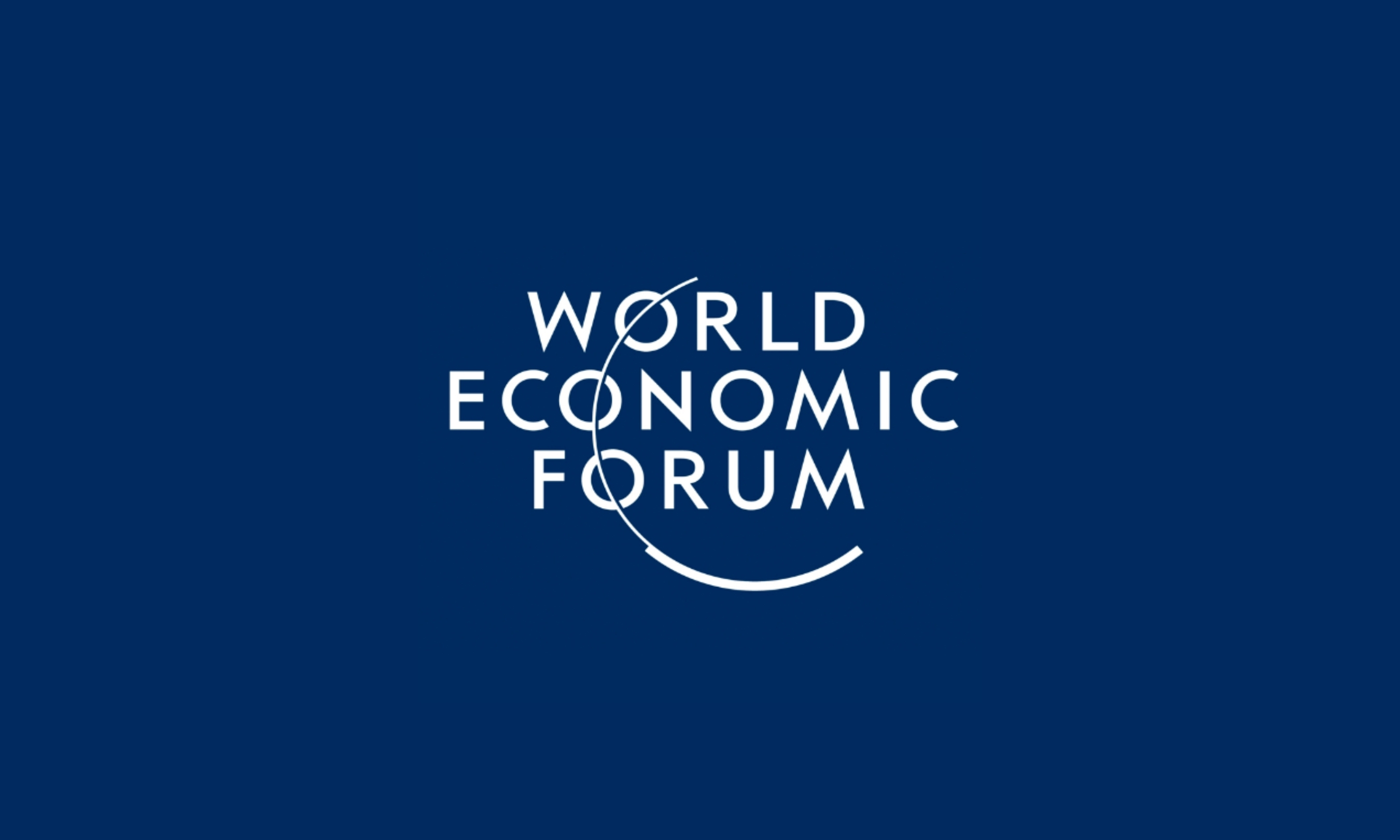
| Year | Dates | Theme |
|---|---|---|
| 1988 | The new state of the world economy | |
| 1989 | Key developments in the 90s: implications for global business | |
| 1990 | Competitive cooperation in a decade of turbulence | |
| 1991 | The new direction for global leadership | |
| 1992 | Global cooperation and megacompetition | |
| 1993 | Rallying all the forces for global recovery | |
| 1994 | Redefining the basic assumptions of the world economy | |
| 1995 | Leadership for challenges beyond growth | |
| 1996 | Sustaining globalization | |
| 1997 | Building the network society | |
| 1998 | Managing volatility and priorities for the 21st century | |
| 1999 | Responsible globality: managing the impact of globalization | |
| 2000 | New beginnings: making a difference | |
| 2001 | 25–30 January | Sustaining growth and bridging the divides: a framework for our global future |
| 2002 | 31 January – 4 February | Leadership in fragile times (held in New York instead of Davos) |
| 2003 | 21–25 January | Building trust |
| 2004 | 21–25 January | Partnering for security and prosperity |
| 2005 | 26–30 January | Taking responsibility for tough choices |
| 2006 | 25–29 January | The creative imperative[61] |
| 2007 | 24–28 January | Shaping the global agenda, the shifting power equation |
| 2008 | 23–27 January | The power of collaborative innovation |
| 2009 | 28 January – 1 February | Shaping the post-crisis world |
| 2010 | 27–30 January | Improve the state of the world: rethink, redesign, rebuild |
| 2011 | 26–30 January | Shared norms for the new reality |
| 2012 | 25–29 January | The great transformation: shaping new models |
| 2013 | 23–27 January | Resilient dynamism[62] |
| 2014 | 22–25 January | The reshaping of the world: consequences for society, politics and business |
| 2015 | 21–24 January | New global context |
| 2016 | 20–23 January | Mastering the fourth industrial revolution |
| 2017 | 17–20 January | Responsive and responsible leadership |
| 2018 | 23–26 January | Creating a shared future in a fractured world |
| 2019 | 22–25 January | Globalization 4.0: shaping a global architecture in the age of the fourth industrial revolution |
| 2020 | 20–24 January | Stakeholders for a cohesive and sustainable world[citation needed] |
| 2021 | 17–20 August | canceled as a result of COVID-19 pandemic |
| 2022 | 22–26 May | History at a Turning Point: Government Policies and Business Strategies[63] |
| 2023 | 16-20 January | Cooperation in a Fragmented World [64] |
Das Weltwirtschaftsforum (World Economic Forum, kurz WEF) ist eine in Cologny im Schweizer Kanton Genf ansässige Stiftung, die in erster Linie für das von ihr veranstaltete Jahrestreffen gleichen Namens bekannt ist, das alljährlich in Davos im Kanton Graubünden stattfindet. Hierbei kommen international führende Wirtschaftsexperten, Politiker, Intellektuelle und Journalisten zusammen, um über aktuelle globale Fragen zu diskutieren. Diese umfassen neben der Wirtschafts- auch die Gesundheits- und Umweltpolitik.
世界经济论坛(英语:World Economic Forum,简称WEF)是一个以基金会形式成立的非营利组织,成立于1971年,总部设在瑞士日内瓦州科洛尼。其以每年冬季在瑞士滑雪胜地达沃斯举办的年会(俗称达沃斯论坛,英语:Davos Forum)闻名于世,历次论坛均聚集全球工商、政治、学术、媒体等领域的领袖人物,讨论世界所面临最紧迫问题。[1]
世界経済フォーラム(せかいけいざいフォーラム、World Economic Forum)は、経済、政治、学究、その他の社会におけるリーダーたちが連携することにより、世界・地域・産業の課題を形成し、世界情勢の改善に取り組む、独立した国際機関。ジュネーヴに本部を置きスイスの非営利財団の形態を有している。1971年にスイスの経済学者クラウス・シュワブにより設立された。
スイスのダボスで開催される年次総会が特によく知られており、約2500名の選ばれた知識人やジャーナリスト、多国籍企業経営者や国際的な政治指導者などのトップリーダーが一堂に会し、健康や環境等を含めた世界が直面する重大な問題について議論する場となっている。また、同機関は、東アジアやラテンアメリカなど6-8の地域会議を開催し、中国及びアラブ首長国連邦においても別途の年次総会を開催している。さらに、会議だけではなく、同機関はさまざまな研究報告書を発表したり、メンバーたちが各業界に関連したイニシアティブに関わるなどの活動を行っている。2011年のダボスにおける年次総会は1月26日-30日に開催された。2012年総会は1月25日-29日に"The Great Transformation: Shaping New Models"というテーマで開催された。2013年総会は1月23日-27日に、創設者クラウス・シュワブによる「地球規模の協力の必要性が今ほど重要な時代はない」との声明を受け、"Resilient Dynamism"というテーマで催された。2014年年次総会は1月22-25日に"The Reshaping of the World: Consequences for Society, Politics and Business"というテーマで催された。2015年年次総会は、"The New Global Context"というテーマで催された。
The World Economic Forum (WEF) is a Swiss nonprofit foundation, based in Cologny, Geneva, Switzerland. Recognised in 2015 by the Swiss authorities as an "other international body" under Switzerland's Host State Act 2007 (HSA, SR 192.12),[1] its mission is cited as "committed to improving the state of the world by engaging business, political, academic, and other leaders of society to shape global, regional, and industry agendas".
The WEF is best known for its annual meeting at the end of January in Davos, a mountain resort in Graubünden, in the eastern Alps region of Switzerland. The meeting brings together some 2,500 top business leaders, international political leaders, economists, celebrities and journalists for up to four days to discuss the most pressing issues facing the world. Often this location alone is used to identify meetings, participation, and participants, with such phrases as "a Davos panel" and "Davos man" being used.[2]
The organization also convenes some six to eight regional meetings each year in locations across Africa, East Asia, and Latin America, and holds two further annual meetings in China, India and the United Arab Emirates. Beside meetings, the foundation produces a series of research reports and engages its members in sector-specific initiatives.[3]
Le forum économique mondial (en anglais : World Economic Forum, abrégé WEF), souvent appelé forum de Davos1,2,3, est une fondation à but non lucratif dont le siège est à Genève. Ce forum est connu pour sa réunion annuelle à Davos, en Suisse, qui réunit des dirigeants d’entreprise, des responsables politiques du monde entier ainsi que des intellectuels et des journalistes, afin de débattre les problèmes les plus urgents de la planète, y compris dans les domaines de la santé et de l’environnement. Le forum organise également la « Réunion annuelle des nouveaux champions » en Chine et plusieurs réunions régionales qui se tiennent tout au long de l’année. Il a été créé en 1971 par Klaus M. Schwab, professeur d’économie en Suisse4. Parallèlement aux réunions, le forum publie un certain nombre de rapports économiques et implique ses membres dans différentes initiatives liées à des secteurs spécifiques5.
Il Forum economico mondiale (nome originale in inglese: World Economic Forum, conosciuto anche come Forum di Davos) è una fondazione senza fini di lucro con sede a Cologny, vicino a Ginevra, in Svizzera, nata nel 1971 per iniziativa dell'economista ed accademico Klaus Schwab.[1]
La fondazione organizza ogni inverno, presso la cittadina sciistica di Davos in Svizzera, un incontro tra esponenti di primo piano della politica e dell'economia internazionale con intellettuali e giornalisti selezionati, per discutere delle questioni più urgenti che il mondo si trova ad affrontare, anche in materia di salute e di ambiente. Oltre a questo celebre incontro annuale, il Forum economico mondiale organizza ogni anno un meeting in Cina e negli Emirati Arabi Uniti e diversi incontri a livello regionale. La Fondazione produce anche una serie di rapporti di ricerca e impegna i suoi membri in specifiche iniziative settoriali.[2]
El Foro Económico Mundial (World Economic Forum, WEF), también llamado Foro de Davos, es una fundación sin fines de lucro con sede en Ginebra, que se reúne anualmente en el Monte de Davos (Suiza), y que sobre todo es conocida por su asamblea anual en Davos, Suiza. Allí se reúnen los principales líderes empresariales, los líderes políticos internacionales, así como periodistas e intelectuales selectos, a efectos de analizar los problemas más apremiantes que afronta el mundo, y entre ellos, la salud y el medio ambiente desde 1991.
El Foro también organiza la “Asamblea Anual de Nuevos Campeones” en China y una serie de asambleas regionales durante el año. En 2008, dichas asambleas regionales incluyeron reuniones en Europa y Asia Central, Asia Oriental, la Mesa Redonda de Directores Ejecutivos de Rusia, África, Oriente Medio, así como el Foro Económico Mundial en Latinoamérica.
Durante el 2008, se lanzó la “Cumbre Inaugural sobre la Agenda Global" en Dubái, con la presencia de 700 expertos mundiales de cada sector que trataron 68 cambios globales identificados por el Foro.
El Foro Económico Mundial fue fundado en 1971 por Klaus M. Schwab, profesor de economía en Suiza.1 Además de asambleas, el Foro genera una serie de informes de investigación e involucra a sus miembros en iniciativas específicas de cada sector.2
Всемирный экономический форум (ВЭФ) — швейцарская неправительственная организация, наиболее известная организацией ежегодных встреч в Давосе. На встречи приглашаются ведущие руководители бизнеса, политические лидеры, видные мыслители и журналисты. Предметом обсуждения являются наиболее острые мировые проблемы, включая здравоохранение и охрану окружающей среды.


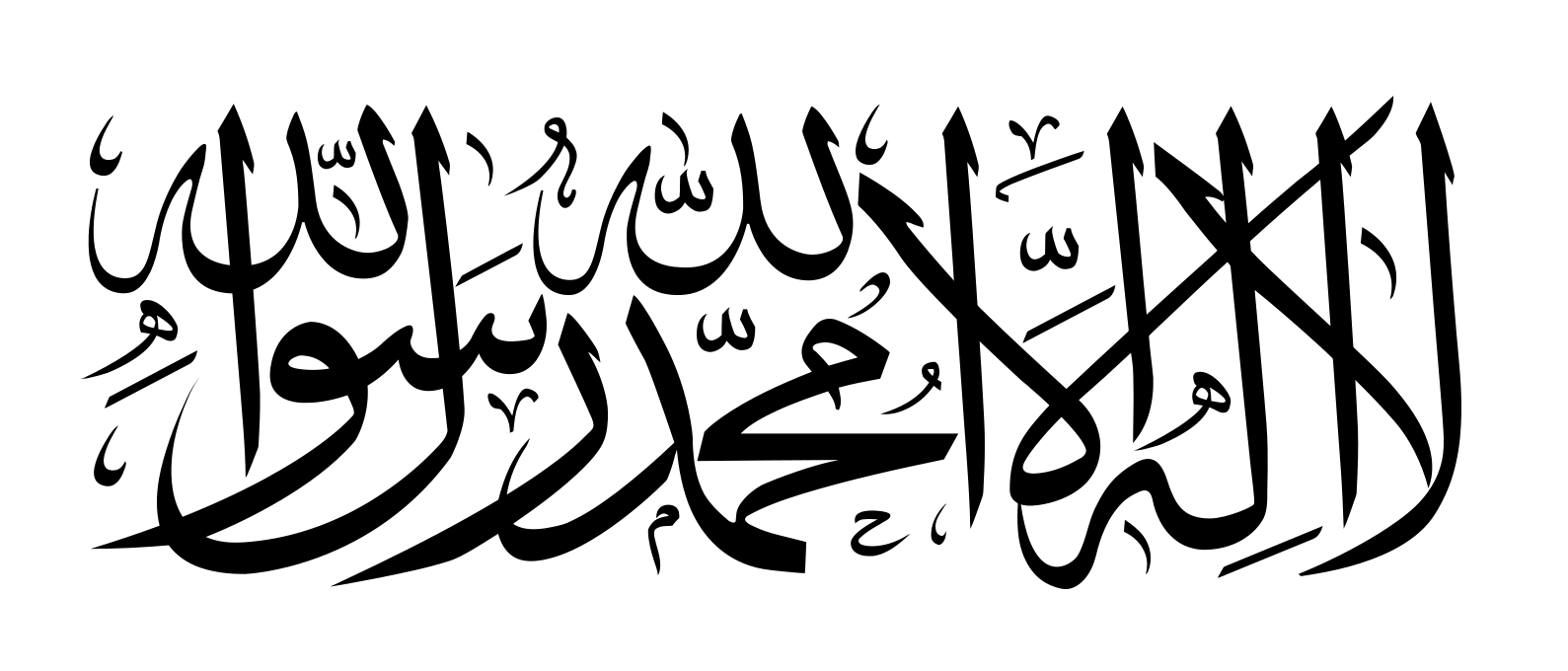 Afghanistan
Afghanistan
 Egypt
Egypt
 Albania
Albania
 Angola
Angola
 Antigua and Barbuda
Antigua and Barbuda
 Argentina
Argentina
 Armenia
Armenia
 Australia
Australia
 Bahrain
Bahrain
 Bangladesh
Bangladesh
 Barbados
Barbados
 Belgium
Belgium
 Belize
Belize
 Benin
Benin
 Bolivia
Bolivia
 Botsuana
Botsuana
 Brazil
Brazil
 Brunei Darussalam
Brunei Darussalam
 Bulgaria
Bulgaria
 Burkina Faso
Burkina Faso
 Burundi
Burundi
 Chile
Chile
 China
China
 Columbia
Columbia
 Costa Rica
Costa Rica
 Côte d´Ivoire
Côte d´Ivoire
 Cuba
Cuba
 Denmark
Denmark
 Demokratische Republik Kongo
Demokratische Republik Kongo
 Germany
Germany
 Dominica
Dominica
 Dominikanische Republik
Dominikanische Republik
 Djibouti
Djibouti
 Ecuador
Ecuador
 Estonia
Estonia

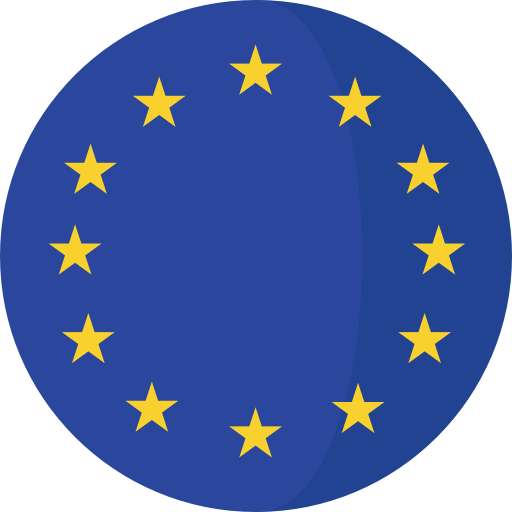 European Union
European Union
 Fidschi
Fidschi

 Financial
Financial
 Finland
Finland
 France
France
 Gabun
Gabun
 Gambia
Gambia
 Georgia
Georgia
 Ghana
Ghana
 Grenada
Grenada
 Greece
Greece
 Guatemala
Guatemala
 Guinea
Guinea
 Guinea-Bissau
Guinea-Bissau
 Guyana
Guyana
 Honduras
Honduras
 Hongkong Tebiexingzhengqu-HK
Hongkong Tebiexingzhengqu-HK
 India
India
 Indonesia
Indonesia
 Ireland
Ireland
 Iceland
Iceland
 Israel
Israel
 Italy
Italy
 Jamaika
Jamaika
 Japan
Japan
 Yemen
Yemen
 Jordan
Jordan
 Cambodia
Cambodia
 Cameroon
Cameroon
 Canada
Canada
 Kap Verde
Kap Verde
 Kasachstan
Kasachstan
 Katar
Katar
 Kenya
Kenya
 Kyrgyzstan
Kyrgyzstan
 Croatia
Croatia
 Kuwait
Kuwait
 Laos
Laos
 Lesotho
Lesotho
 Latvia
Latvia
 Liberia
Liberia
 Liechtenstein
Liechtenstein
 Lithuania
Lithuania
 Luxembourg
Luxembourg
 Macau Tebiexingzhengqu-MO
Macau Tebiexingzhengqu-MO
 Madagaskar
Madagaskar
 Malawi
Malawi
 Malta
Malta
 Morocco
Morocco
 Mauritania
Mauritania
 Mauritius
Mauritius
 Mexico
Mexico
 Moldawien
Moldawien

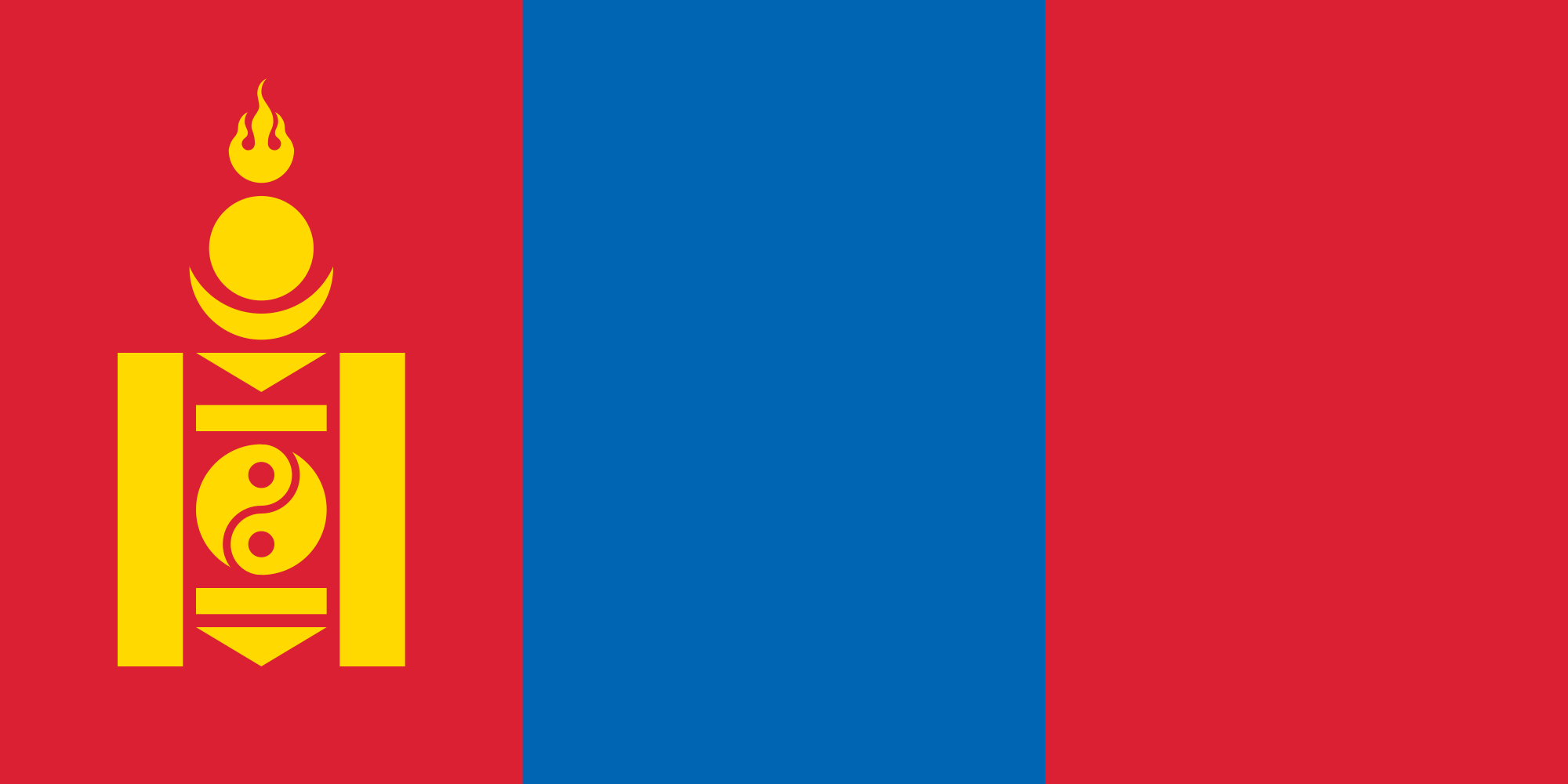 Mongolei
Mongolei
 Montenegro
Montenegro
 Mosambik
Mosambik
 Myanmar
Myanmar
 Namibia
Namibia
 Nepal
Nepal
 New Zealand
New Zealand
 Nicaragua
Nicaragua
 Netherlands
Netherlands
 Niger
Niger
 Nigeria
Nigeria
 Nordmazedonien
Nordmazedonien
 Norwegen
Norwegen
 Oman
Oman
 Austria
Austria
 Pakistan
Pakistan
 Panama
Panama
 Papua-Neuguinea
Papua-Neuguinea
 Paraguay
Paraguay
 Peru
Peru
 Philippines
Philippines
 Poland
Poland
 Portugal
Portugal
 Republik El Salvador
Republik El Salvador
 Republik Haiti
Republik Haiti
 Republik Kongo
Republik Kongo
 Republic of Korea
Republic of Korea
 Ruanda
Ruanda
 Romania
Romania
 Russia
Russia
 Salomonen
Salomonen
 Sambia
Sambia
 Samoa
Samoa
 Saudi Arabia
Saudi Arabia
 Sweden
Sweden
 Sweden
Sweden
 Switzerland
Switzerland
 Genf
Genf
 Senegal
Senegal
 Seychellen
Seychellen
 Sierra Leone
Sierra Leone
 Simbabwe
Simbabwe
 Singapore
Singapore
 Slovakia
Slovakia
 Slovakia
Slovakia
 Slovenia
Slovenia
 Slovenia
Slovenia
 Spain
Spain
 Sri Lanka
Sri Lanka
 Saint Kitts and Nevis
Saint Kitts and Nevis
 St. Lucia
St. Lucia
 St. Vincent and the Grenadines
St. Vincent and the Grenadines
 South Africa
South Africa
 Suriname
Suriname
 Swasiland
Swasiland
 Tajikistan
Tajikistan
 Taiwan Sheng-TW
Taiwan Sheng-TW
 Tansania
Tansania
 Thailand
Thailand
 Togo
Togo
 Tonga
Tonga
 Trinidad und Tobago
Trinidad und Tobago
 Tschad
Tschad
 Czech Republic
Czech Republic
 Tunisia
Tunisia
 Turkey
Turkey
 Uganda
Uganda
 Ukraine
Ukraine
 Hungary
Hungary
 Uruguay
Uruguay
 Vanuatu
Vanuatu
 Venezuela
Venezuela
 United Arab Emirates
United Arab Emirates
 United States
United States
 United Kingdom
United Kingdom
 Vietnam
Vietnam

 Important International Organizations
Important International Organizations
 World Trade Organization
World Trade Organization
 Roberto Azevêdo
Roberto Azevêdo
 World Trade Organization
World Trade Organization
 Mike Moore
Mike Moore
 World Trade Organization
World Trade Organization
 Ngozi Okonjo-Iweala
Ngozi Okonjo-Iweala
 World Trade Organization
World Trade Organization
 Pascal Lamy
Pascal Lamy
 World Trade Organization
World Trade Organization
 Peter Sutherland
Peter Sutherland
 World Trade Organization
World Trade Organization
 Renato Ruggiero
Renato Ruggiero
 World Trade Organization
World Trade Organization
 Supachai Panitchpakdi
Supachai Panitchpakdi
 Central African Republic
Central African Republic
 Cyprus
Cyprus


世界贸易组织(简称世贸组织或世贸;英语:World Trade Organization,缩写为 WTO;法语:Organisation Mondiale du Commerce,缩写为 OMC;西班牙语:Organización Mundial del Comercio,缩写为 OMC)是负责监督成员经济体之间各种贸易协议得到执行的一个国际组织,前身是1948年起实施的关税及贸易总协定的秘书处。
世贸总部位于瑞士日内瓦,现任总干事是罗伯托·阿泽维多。截至2016年7月29日,世界贸易组织共有164个成员。[5]世界贸易组织的职能是调解纷争,加入WTO不算签订一种多边贸易协议,但其设置的入会门槛可以做为愿意降低关税、法政上配合、参与国际贸易的门票,它是贸易体制的组织基础和法律基础,是众多贸易协定的管理者,是各成员贸易立法的监督者,是就贸易提供解决争端和进行谈判的场所。该机构是当代最重要的国际经济组织之一,其成员间的贸易额占世界贸易额的绝大多数,被称为“经济联合国”。
世界貿易機関(せかいぼうえききかん、英: World Trade Organization、略称:WTO)は、自由貿易促進を主たる目的として創設された国際機関である。常設事務局がスイスのジュネーブに置かれている。
GATT(ガット)ウルグアイ・ラウンドにおける合意によって、世界貿易機関を設立するマラケシュ協定(WTO設立協定)に基づいて1995年1月1日にGATTを発展解消させて成立した。
本来GATTは、第二次世界大戦後の安定を見据え、国際通貨基金および国際復興開発銀行とともに設立が予定されていた国際貿易機関(ITO)の設立準備の際に、暫定協定として結ばれたものであった。国際貿易機関の設立が廃案となり、GATTがその代替として発展強化されていくうちに、再びこの分野の常設機関が求められ、WTOが設立されることとなった。発展解消であるため、GATTの事務局及び事務局長もWTOへと引き継がれることとなった[4]。
WTOはGATTを継承したものであるが、GATTが協定(Agreement)に留まったのに対し、WTOは機関(Organization)であるのが根本的な違いである。
を基本原則としている。また、物品貿易だけでなく金融、情報通信、知的財産権やサービス貿易も含めた包括的な国際通商ルールを協議する場である。
対抗処置の発動では、紛争処理機関(パネル)の提訴に対し全加盟国による反対がなければ採択されるというネガティブ・コンセンサス方式(逆コンセンサス方式)を採用した強力な紛争処理能力を持つ。これは国際組織としては稀な例であり、コンセンサス方式を採っていたGATTとの大きな違いで、WTOの特徴の一つといえる。
新多角的貿易交渉(新ラウンド)は、2001年11月にカタールのドーハで行われた第4回WTO閣僚会議で開始を決定し、ドーハ・ラウンドと呼ばれていた。2002年2月1日の貿易交渉委員会で新ラウンドがスタートした。しかし9年に及ぶ交渉は先進国と、急速に台頭してきたBRICsなど新興国との対立によって中断と再開を繰り返した末、ジュネーブで行われた第4回WTO閣僚会議(2011年12月17日)で「交渉を継続していくことを確認するものの、近い将来の妥結を断念する」(議長総括)となり事実上停止状態になった。
その後、2013年のバリ島における閣僚会議で、貿易円滑化協定を含む合意が成立し、2014年7月まで貿易円滑化協定をWTO協定に加える(附属書1Aに追加)するための文書を一般理事会で採択すべきとされた[5]。しかしインドが合意を蒸し返す状態で反対したため期限までに採択できなかった[6]。その後食糧備蓄への補助金の問題で先進国側が譲歩することでようやくインドが合意し、2014年11月27日の一般理事会で貿易円滑化協定が採択された[6]。WTO加盟国の3分の2が改正を受諾した日に発効することになっており、2017年2月22日にこの要件を満たし、協定が発効した。
The World Trade Organization (WTO) is an intergovernmental organization that regulates international trade. The WTO officially commenced on 1 January 1995 under the Marrakesh Agreement, signed by 124 nations on 15 April 1994, replacing the General Agreement on Tariffs and Trade (GATT), which commenced in 1948. It is the largest international economic organization in the world.[5][6]
The WTO deals with regulation of trade in goods, services and intellectual property between participating countries by providing a framework for negotiating trade agreements and a dispute resolution process aimed at enforcing participants' adherence to WTO agreements, which are signed by representatives of member governments[7]:fol.9–10 and ratified by their parliaments.[8] The WTO prohibits discrimination between trading partners, but provides exceptions for environmental protection, national security, and other important goals.[9] Trade-related disputes are resolved by independent judges at the WTO through a dispute resolution process.[9]
The WTO's current Director-General is Roberto Azevêdo,[10][11] who leads a staff of over 600 people in Geneva, Switzerland.[12] A trade facilitation agreement, part of the Bali Package of decisions, was agreed by all members on 7 December 2013, the first comprehensive agreement in the organization's history.[13][14] On 23 January 2017, the amendment to the WTO Trade Related Aspects of Intellectual Property Rights (TRIPS) Agreement marks the first time since the organization opened in 1995 that WTO accords have been amended, and this change should secure for developing countries a legal pathway to access affordable remedies under WTO rules.[15]
Studies show that the WTO boosted trade,[16][17][9] and that barriers to trade would be higher in the absence of the WTO.[18] The WTO has highly influenced the text of trade agreements, as "nearly all recent [preferential trade agreements (PTAs)] reference the WTO explicitly, often dozens of times across multiple chapters... in many of these same PTAs we find that substantial portions of treaty language—sometime the majority of a chapter—is copied verbatim from a WTO agreement."[19]
L'Organisation mondiale du commerce (OMC ; en anglais : World Trade Organization, WTO, en espagnol : Organización Mundial del Comercio, OMC) est une organisation internationale qui s'occupe des règles régissant le commerce international entre les pays. Au cœur de l'organisation se trouvent les accords de l'OMC, négociés et signés en avril 1994 à Marrakech1 par la majeure partie des puissances commerciales du monde2 et ratifiés par leurs assemblées parlementaires. L'OMC a pour but principal de favoriser l'ouverture commerciale. Pour cela, elle tâche de réduire les obstacles au libre-échange, d'aider les gouvernements à régler leurs différends commerciaux et d'assister les exportateurs, les importateurs et les producteurs de marchandises et de services dans leurs activités.
Depuis 2001, le cycle de négociation mené par l'OMC est le Cycle de Doha3. Bien que l'OMC ne soit pas une agence spécialisée de l'ONU, elle entretient des liens avec cette dernière4. Le siège de l'OMC est au Centre William-Rappard, à Genève. Depuis le 1er septembre 2013, l'organisation est présidée par le Brésilien Roberto Azevêdo qui a été élu directeur général.
L'Organizzazione mondiale del commercio, abbreviato in OMC (in inglese: World Trade Organization, WTO), è un'organizzazione internazionale creata allo scopo di supervisionare numerosi accordi commerciali tra gli stati membri. Vi aderiscono[3] 164 Paesi, a cui se ne aggiungono altri 22 con ruolo di osservatori,[4] comprendendo così oltre il 95% del commercio mondiale di beni e servizi.[5]
La sede dell'OMC si trova, dal 1995, presso il Centro William Rappard a Ginevra, Svizzera.[6]
La Organización Mundial del Comercio (OMC) fue establecida en 1995. Tiene su sede en Ginebra, Suiza, y sus idiomas oficiales son el inglés, el francés y el español. La OMC no forma parte del sistema de las Naciones Unidas, y tampoco de los organismos de Bretton Woods como el Banco Mundial o el FMI.Nota 1
Всеми́рная торго́вая организа́ция (ВТО; англ. World Trade Organization (WTO), фр. Organisation mondiale du commerce (OMC), исп. Organización Mundial del Comercio) — международная организация, созданная 1 января 1995 года с целью либерализации международной торговли и регулирования торгово-политических отношений государств-членов. ВТО образована на основе Генерального соглашения по тарифам и торговле (ГАТТ), заключенного в 1947 году и на протяжении почти 50 лет фактически выполнявшего функции международной организации, но не являвшегося тем не менее международной организацией в юридическом смысле.
ВТО отвечает за разработку и внедрение новых торговых соглашений, а также следит за соблюдением членами организации всех соглашений, подписанных большинством стран мира и ратифицированных их парламентами. ВТО строит свою деятельность, исходя из решений, принятых в 1986—1994 годах в рамках Уругвайского раунда и более ранних договоренностей ГАТТ. Обсуждения проблем и принятие решений по глобальным проблемам либерализации и перспективам дальнейшего развития мировой торговли проходят в рамках многосторонних торговых переговоров (раунды). К настоящему времени проведено 8 раундов таких переговоров, включая Уругвайский, а в 2001 году стартовал девятый в Дохе, Катар. Организация пытается завершить переговоры по Дохийскому раунду переговоров, который был начат с явным акцентом на удовлетворение потребностей развивающихся стран. По состоянию на декабрь 2012 года будущее раунда переговоров в Дохе остаётся неопределённым: программа работы состоит из 21 части, а первоначально установленный окончательный срок 1 января 2005 года был давно пропущен[3]. В ходе переговоров возник конфликт между стремлением к свободной торговле и стремлением множества стран к протекционизму, особенно в плане сельскохозяйственных субсидий. До сих пор эти препятствия остаются главными и мешают любому прогрессу для запуска новых переговоров в рамках Дохийского раунда. По состоянию на июль 2012 года, существуют различные группы переговоров в системе ВТО для решения текущих вопросов в плане сельского хозяйства, что приводит к застою в самих переговорах[4].
Штаб-квартира ВТО расположена в Женеве, Швейцария. Глава ВТО (генеральный директор) — Роберту Карвалью ди Азеведу, в штате самой организации около 600 человек[5].
На 26 апреля 2015 года в ВТО состояли 162 страны[6].
Правила ВТО предусматривают ряд льгот для развивающихся стран. В настоящее время развивающиеся страны — члены ВТО имеют (в среднем) более высокий относительный уровень таможенно-тарифной защиты своих рынков по сравнению с развитыми. Тем не менее, в абсолютном выражении общий размер таможенно-тарифных санкций в развитых странах гораздо выше, вследствие чего доступ на рынки высокопередельной продукции из развивающихся стран серьёзно ограничен[7].
Правила ВТО регулируют только торгово-экономические вопросы. Попытки США и ряда европейских стран начать дискуссию об условиях труда (что позволило бы считать недостаточную законодательную защиту работников конкурентным преимуществом) были отвергнуты из-за протестов развивающихся стран, которые утверждали, что такие меры только ухудшат благосостояние работников в связи с сокращением числа рабочих мест, снижением доходов и уровня конкурентоспособности[7].
Mitglieder der WTO
| Staat | Beitrittsdatum |
|---|---|
| 30. Juni 1995 | |
| 29. Juli 2016 | |
| 8. September 2000 | |
| 23. November 1996 | |
| 1. Januar 1995 | |
| 1. Januar 1995 | |
| 5. Februar 2003 | |
| 1. Januar 1995 | |
| 1. Januar 1995 | |
| 1. Januar 1995 | |
| 1. Januar 1995 | |
| 1. Januar 1995 | |
| 1. Januar 1995 | |
| 22. Februar 1996 | |
| 12. September 1995 | |
| 31. Mai 1995 | |
| 1. Januar 1995 | |
| 1. Januar 1995 | |
| 1. Dezember 1996 | |
| 3. Juni 1995 | |
| 23. Juli 1995 | |
| 1. Januar 1995 | |
| 11. Dezember 2001 | |
| 1. Januar 1995 | |
| 1. Januar 1995 | |
| 1. Januar 1995 | |
| 1. Januar 1995 | |
| 9. März 1995 | |
| 31. Mai 1995 | |
| 21. Januar 1996 | |
| 7. Mai 1995 | |
| 1. Januar 1995 | |
| 13. November 1999 | |
| 1. Januar 1995 | |
| 1. Januar 1995 | |
| 14. Januar 1996 | |
| 1. Januar 1995 | |
| 1. Januar 1995 | |
| 1. Januar 1995 | |
| 23. Oktober 1996 | |
| 14. Juni 2000 | |
| 1. Januar 1995 | |
| 22. Februar 1996 | |
| 1. Januar 1995 | |
| 21. Juli 1995 | |
| 25. Oktober 1995 | |
| 31. Mai 1995 | |
| 1. Januar 1995 | |
| 30. Januar 1996 | |
| 1. Januar 1995 | |
| 1. Januar 1995 | |
| 1. Januar 1995 | |
| 1. Januar 1995 | |
| 1. Januar 1995 | |
| 1. Januar 1995 | |
| 21. April 1995 | |
| 1. Januar 1995 | |
| 9. März 1995 | |
| 26. Juni 2014 | |
| 1. Januar 1995 | |
| 11. April 2000 | |
| 13. Oktober 2004 | |
| 13. Dezember 1995 | |
| 1. Januar 1995 | |
| 23. Juli 2008 | |
| 30. November 2015 | |
| 13. Januar 1996 | |
| 1. Januar 1995 | |
| 20. Dezember 1998 | |
| 30. April 1995 | |
| 1. Januar 1997 | |
| 27. März 1997 | |
| 30. November 2000 | |
| 20. April 1995 | |
| 1. Januar 1995 | |
| 2. Februar 2013 | |
| 31. Mai 1995 | |
| 10. Februar 1999 | |
| 14. Juli 2016 | |
| 1. September 1995 | |
| 31. Mai 2001 | |
| 1. Januar 1995 | |
| 1. Januar 1995 | |
| 17. November 1995 | |
| 29. April 2012 | |
| 31. Mai 1995 | |
| 1. Januar 1995 | |
| 31. Mai 1995 | |
| 31. Mai 1995 | |
| 1. Januar 1995 | |
| 1. Januar 1995 | |
| 31. Mai 1995 | |
| 1. Januar 1995 | |
| 4. April 2003 | |
| 1. Januar 1995 | |
| 26. Juli 2001 | |
| 29. Januar 1997 | |
| 26. August 1995 | |
| 1. Januar 1995 | |
| 1. Januar 1995 | |
| 23. April 2004 | |
| 1. Januar 1995 | |
| 3. September 1995 | |
| 1. Januar 1995 | |
| 13. Dezember 1996 | |
| 1. Januar 1995 | |
| 1. Januar 1995 | |
| 9. November 2000 | |
| 1. Januar 1995 | |
| 1. Januar 1995 | |
| 6. September 1997 | |
| 9. Juni 1996 | |
| 1. Januar 1995 | |
| 1. Januar 1995 | |
| 1. Januar 1995 | |
| 1. Juli 1995 | |
| 1. Januar 1995 | |
| 22. Mai 1996 | |
| 1. Januar 1995 | |
| 22. August 2012 | |
| 26. Juli 1996 | |
| 1. Januar 1995 | |
| 11. Dezember 2005 | |
| 10. Mai 2012 | |
| 1. Januar 1995 | |
| 1. Januar 1995 | |
| 1. Januar 1995 | |
| 26. April 2015 | |
| 23. Juli 1995 | |
| 5. März 1995 | |
| 1. Januar 1995 | |
| 1. Januar 1995 | |
| 30. Juli 1995 | |
| 1. Januar 1995 | |
| 1. Januar 1995 | |
| 21. Februar 1996 | |
| 1. Januar 1995 | |
| 1. Januar 1995 | |
| 1. Januar 1995 | |
| 1. Januar 1995 | |
| 1. Januar 1995 | |
| 2. März 2013 | |
| 1. Januar 2002 | |
| 1. Januar 1995 | |
| 1. Januar 1995 | |
| 31. Mai 1995 | |
| 27. Juli 2007 | |
| 1. März 1995 | |
| 19. Oktober 1996 | |
| 1. Januar 1995 | |
| 29. März 1995 | |
| 26. März 1995[2] | |
| 1. Januar 1995 | |
| 16. Mai 2008 | |
| 1. Januar 1995 | |
| 1. Januar 1995 | |
| 1. Januar 1995 | |
| 10. April 1996 | |
| 1. Januar 1995 | |
| 1. Januar 1995 | |
| 24. August 2012 | |
| 11. Januar 2007 | |
| 31. Mai 1995 | |
| 30. Juli 1995 |

As of March 2019 the World Energy Council has 87 member committees and 2 countries which have direct membership
 Algeria
Algeria Argentina
Argentina Armenia
Armenia Austria
Austria Bahrain
Bahrain Belgium
Belgium Bolivia
Bolivia Bosnia
Bosnia Botswana
Botswana Brazil
Brazil Bulgaria
Bulgaria Cameroon
Cameroon Canada
Canada Chad
Chad Chile
Chile China
China Colombia
Colombia Côte d’Ivoire
Côte d’Ivoire Croatia
Croatia Cyprus
Cyprus DR Congo
DR Congo Dominican Republic
Dominican Republic Ecuador
Ecuador Egypt
Egypt Estonia
Estonia eSwatini
eSwatini Ethiopia
Ethiopia Finland
Finland France
France Germany
Germany Greece
Greece Hong Kong, China
Hong Kong, China Hungary
Hungary Iceland
Iceland India
India Indonesia
Indonesia Iran
Iran Ireland
Ireland Italy
Italy Japan
Japan Jordan
Jordan Kazakhstan
Kazakhstan Kenya
Kenya Korea
Korea Latvia
Latvia Lebanon
Lebanon Libya
Libya Lithuania
Lithuania Malaysia
Malaysia Malta
Malta Mexico
Mexico Monaco
Monaco Mongolia
Mongolia Morocco
Morocco Namibia
Namibia Nepal
Nepal Netherlands
Netherlands New Zealand
New Zealand Niger
Niger Nigeria
Nigeria Pakistan
Pakistan Panama
Panama Paraguay
Paraguay Poland
Poland Portugal
Portugal Romania
Romania Russian Federation
Russian Federation Saudi Arabia
Saudi Arabia Senegal
Senegal Serbia
Serbia Singapore
Singapore Slovakia
Slovakia Slovenia
Slovenia South Africa
South Africa Spain
Spain Sri Lanka
Sri Lanka Sweden
Sweden Switzerland
Switzerland Syria
Syria Tanzania
Tanzania Thailand
Thailand Vietnam
Vietnam Trinidad & Tobago
Trinidad & Tobago Tunisia
Tunisia Turkey
Turkey Ukraine
Ukraine United Arab Emirates
United Arab Emirates United States
United States Uruguay
Uruguay



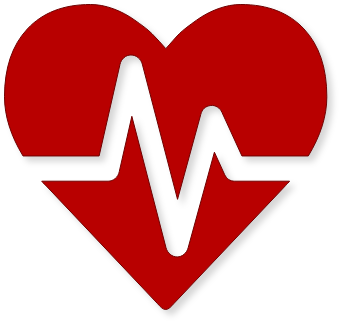 Medical, Pharmaceutical, Rehabilitation
Medical, Pharmaceutical, Rehabilitation
 Switzerland
Switzerland
 Genf
Genf

 Important International Organizations
Important International Organizations
 World Health Organization, WHO
World Health Organization, WHO
 Margaret Chan
Margaret Chan
 World Health Organization, WHO
World Health Organization, WHO
 Tedros Adhanom
Tedros Adhanom


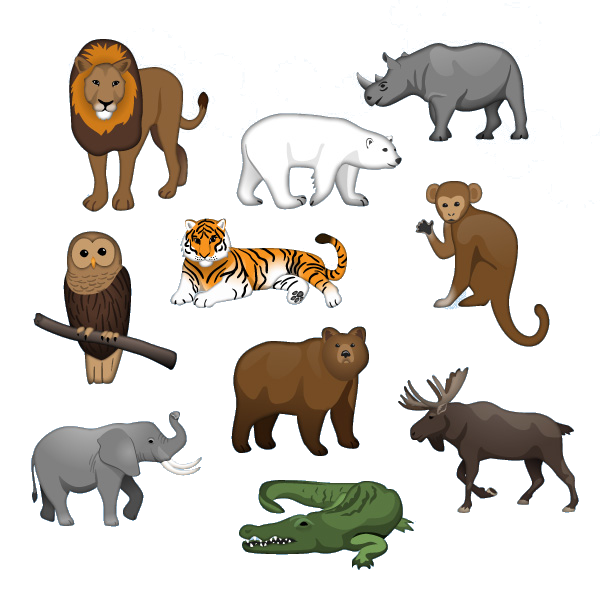 Animal world
Animal world
 Ile-de-France
Ile-de-France
 Sport
Sport
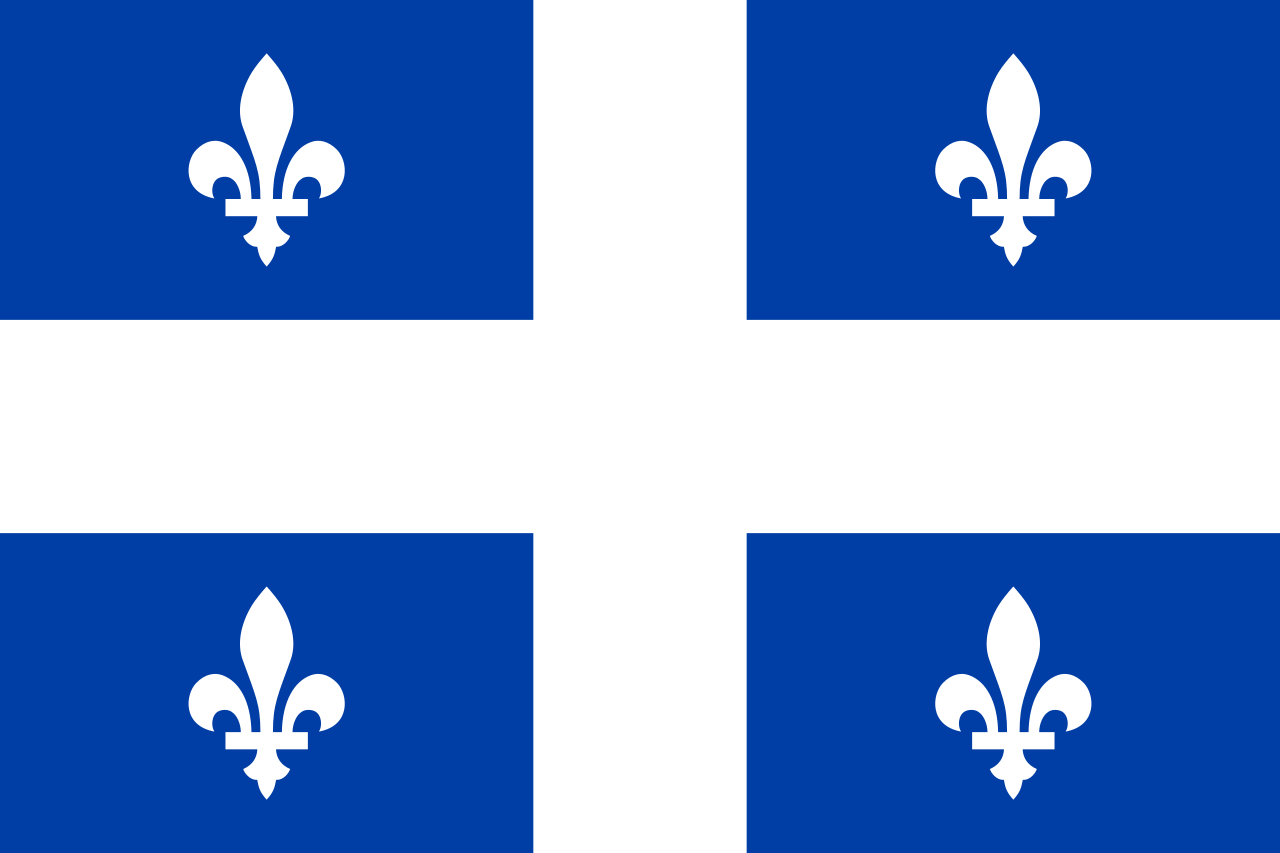 Quebec-QC
Quebec-QC
 Disaster relief
Disaster relief
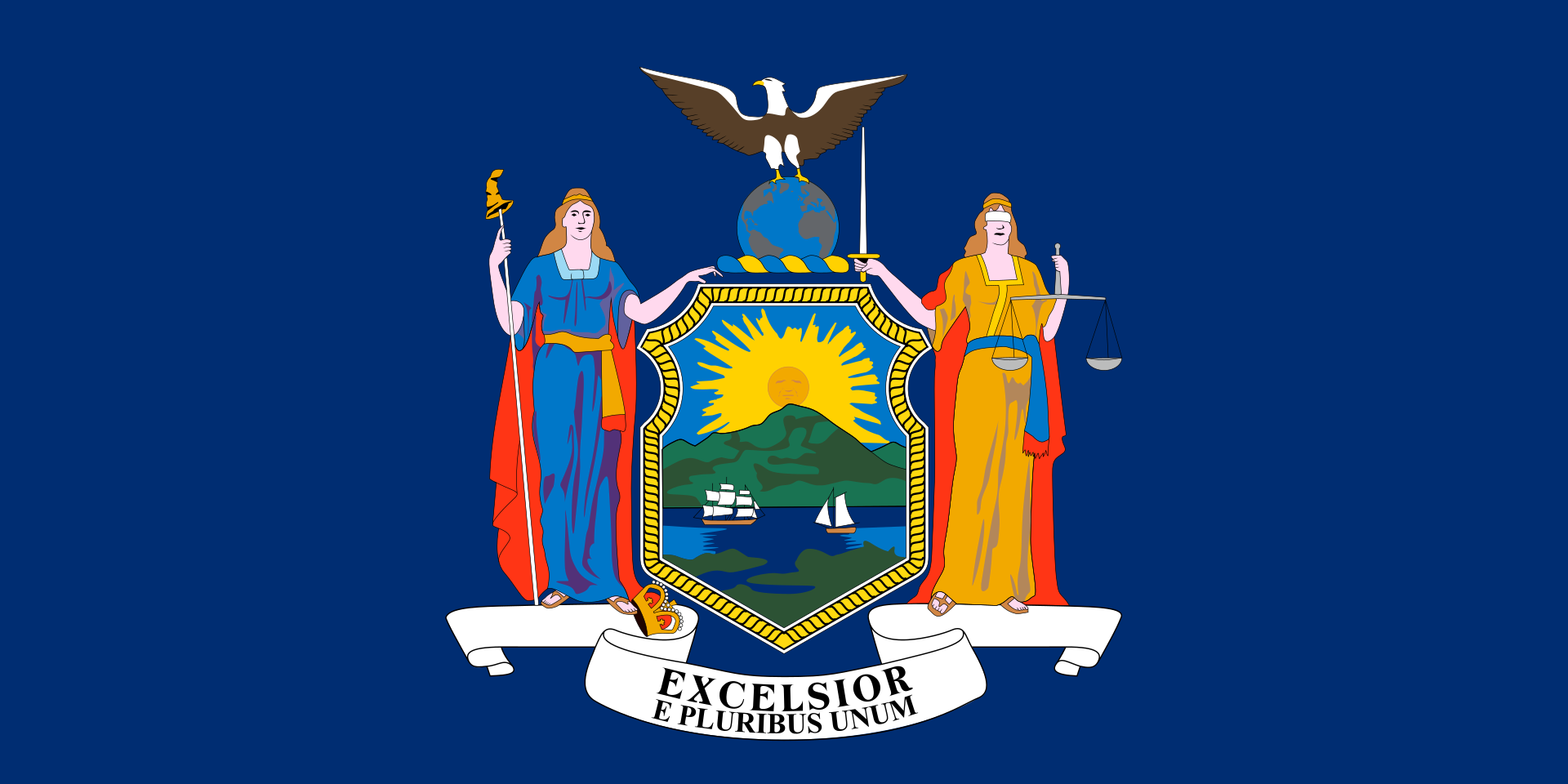 New York-NY
New York-NY
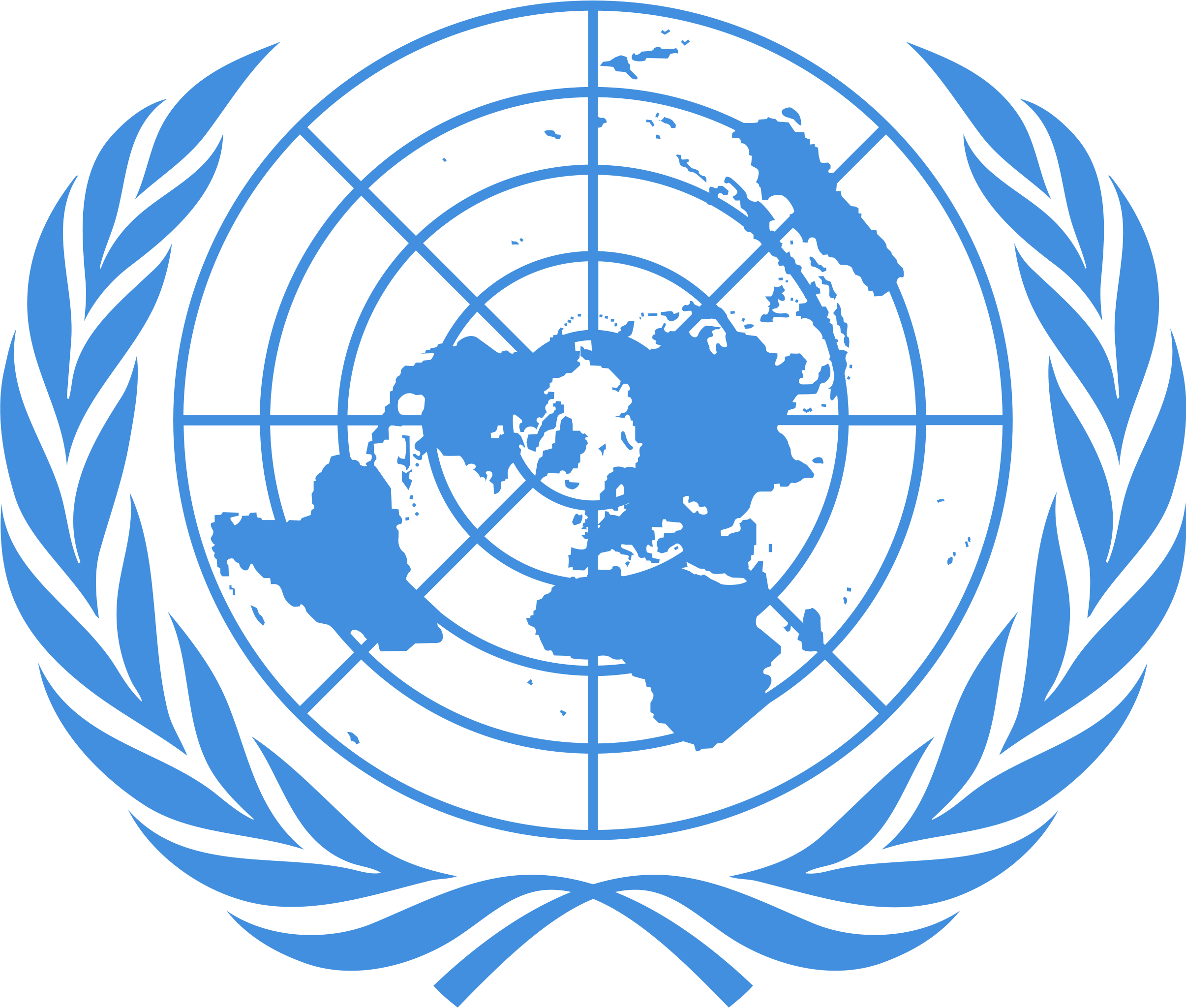 United Nations
United Nations
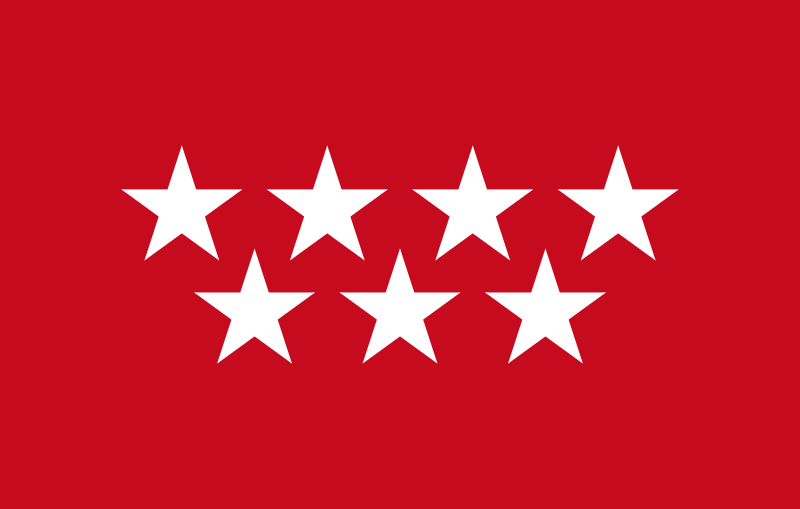 Madrid
Madrid

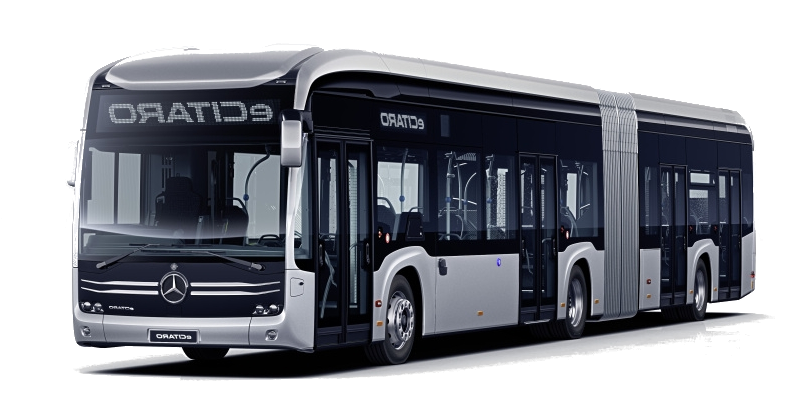
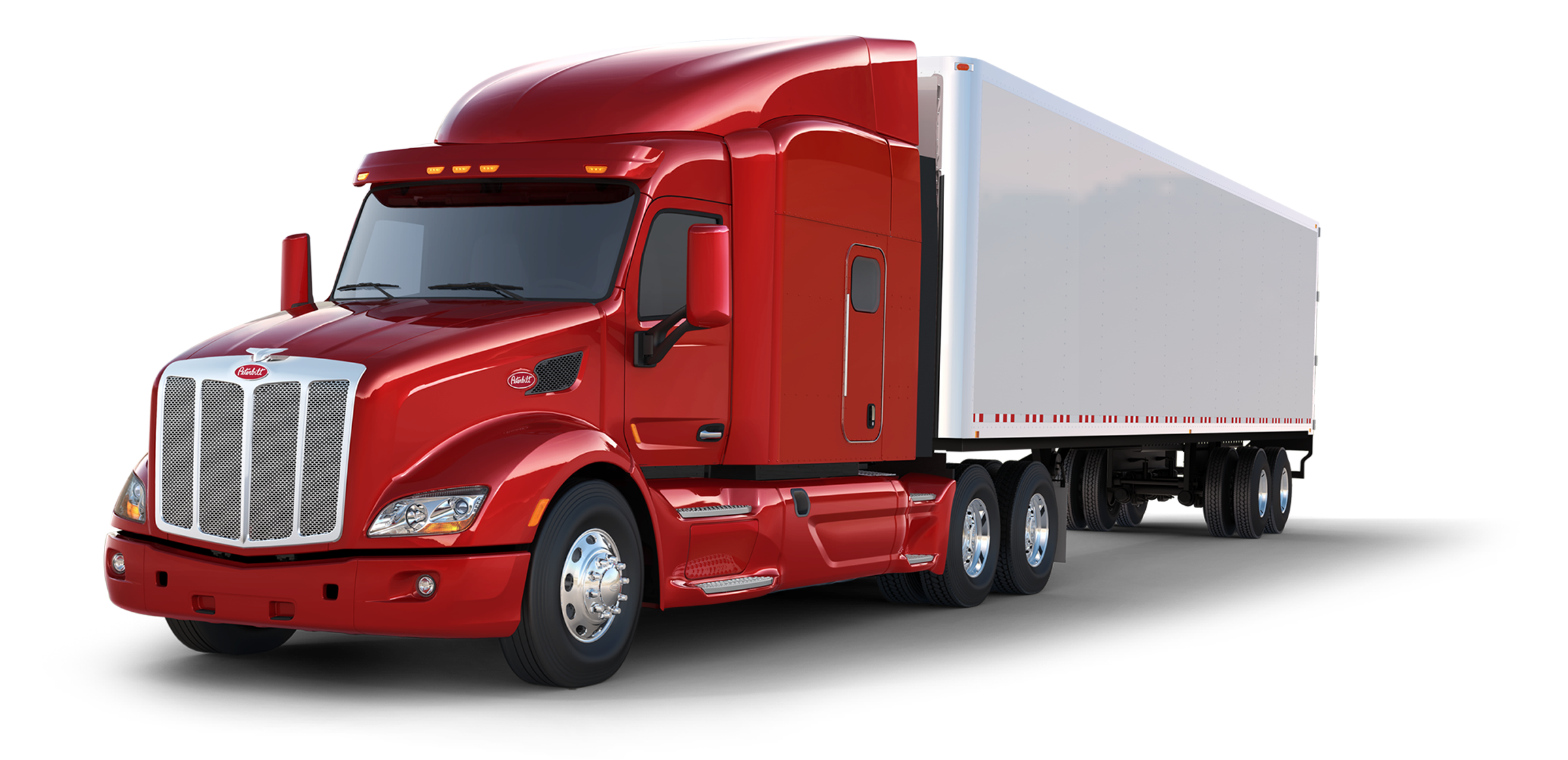 Automobile
Automobile
 Climate
Climate